Enter a surname, town name or other keyword to search the database. Remember to
allow for the different spellings of 'Mc' and 'Mac.' Good luck!
{Search tips: Use single word search terms for more results}
You must enter some valid character(s) into the search field
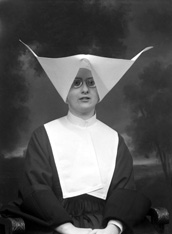
Reference: 45488a
Sister Philomena. ...
|
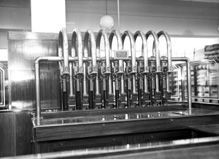
Reference: 31113
A Sturtevant Pneumatic Tube In...
|
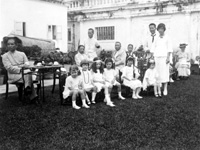
Reference: 673
Sun Yat-sen (far left) with gr...
|
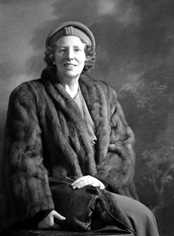
Reference: 42033e
Mrs McGrigor-Phillips a.k.a Do...
|
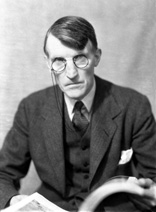
Reference: 29684b
Sir Alexander Malcolm MacEwen,...
|
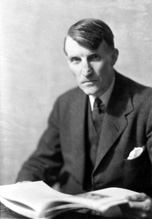
Reference: 29684a
Sir Alexander Malcolm MacEwen,...
|
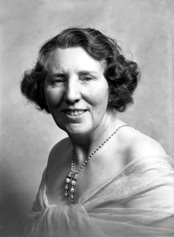
Reference: 42033d
Mrs McGrigor-Phillips a.k.a Do...
|
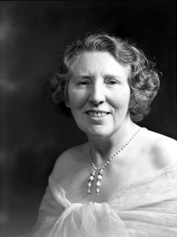
Reference: 42033c
Mrs McGrigor-Phillips a.k.a Do...
|
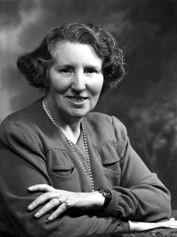
Reference: 42033b
Mrs McGrigor-Phillips a.k.a Do...
|
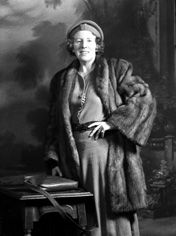
Reference: 42033a
Mrs McGrigor-Phillips a.k.a Do...
|
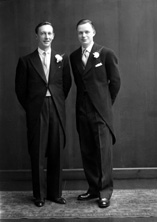
Reference: 44126l
Davidson, The Sheiling, Ardris...
|
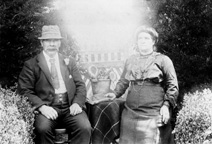
Reference: 877
Copy for Mrs Robertson, Old ...
|